Championing the vibrancy and positivity of African culture in Asia, Africa Center HK’s message of ‘Rebranding Blackness’ aims to challenge perceptions and antiquated stereotypes
“YOU ARE IN AFRICA NOW; our food is your food. Our space is your space. Everyone is welcome. And please stay for the music!” announces Innocent Mutanga, founder of Africa Center HK, before proceeding to cheerfully introduce the African dinner menu for the evening.
Stepping into Africa Center for the first time, you are immediately embraced by a welcoming feeling of family and community. The entrance boasts an array of books on African literature, arts, and culture; the colourful murals on the walls paint an uncompromised reflection on blackness and the positive impact of black heritage and identity.
“When some people think of Africa, they picture a poor, starving child, or a group of black people living in poverty, looking miserable,” says Innocent. “But this is not the Africa I know. We are more than just the poster images that entice pity. There is so much that Africa can offer; food, fashion, literature, music, and much more besides – these are the things that we want to introduce to the Hong Kong community.”
On this particular Saturday night, around 50 people are gathered in the main room, listening intently to a seminar hosted by the US Consulate of Hong Kong about the one-drop rule (a legal principle of racial classification that was prominent in the 20th-century United States; it asserted that any person with even one ancestor of black ancestry was considered black). The talk provided a good insight into what the centre are trying to achieve, by introducing blackness in their own terms.
After the talk, we spend a few minutes getting to know our fellow guests before being seated at the table for dinner. A starter of creamy Zimbabwean pumpkin soup is soon followed by a plate filled to the brim with Moroccan chicken tangine, matembele (Gambian sweet potato leaf stew), misir wat (Ethiopian lentils), Malawian coconut milk rice, and Egyptian falafel.
A diverse array of flavours, textures, and colours – it was Africa on a plate. Those enjoying the meal were similarly varied; HK residents and visitors alike, spanning multiple nationalities, united by a common curiosity about the evening ahead.
Arriving as an asylum seeker from Zimbabwe in 2013 with just HKD $200 in his pocket, Innocent initially made his way to Chungking Mansions in Tsim Sha Tsui, where he soon became acquainted with others in a similar position. “I have lived on both sides of society here in Hong Kong. I was homeless and slept on the streets for the first few months,” he recalls.
They treated me like their little brother and took care of me. I would eat my fill and they would even wrap up more food for me to take with me, saying, ‘Eat more! Eat more!’
- Innocent talking of the compassion shown to him by domestic workers during his time as an asylum seeker
“In the beginning, I used to get meals from NGOs and charities, but it always gave me an uneasy feeling – people watching us eat. I always preferred ‘eating with dignity’ whenever I could. One of our favourite places when we had money was Karaikudi Akka in Chungking Mansions; for only $10 we could get a paratha (Indian flatbread), which they served to us with a sauce, so it was quite filling.”
Sunday was Innocent’s favourite day of the week back in those days, as he befriended quite a few migrant domestic workers [who often have their rest days on Sundays] who were kind enough to offer him food. He would take the Star Ferry from Tsim Sha Tsui to Central, then walk to Victoria Park in Causeway Bay, where his new friends would invite him to join them, sharing their food with him and exchanging stories.
“They treated me like their little brother and took care of me. I would eat my fill and they would even wrap up more food for me to take with me, saying, ‘Eat more! Eat more!’” he laughs. The migrant domestic worker community will always have a special place in Innocent’s heart, given the kindness and compassion they showed to him during that challenging period of his life.
Innocent’s luck began to change when he was offered a flat share with a Kenyan friend, who agreed to let him stay until he got up on his feet again. “Oh my goodness, it felt so great sleeping inside a house again!” he exclaims. Having spent months sleeping on park benches and inside fast-food joints, having a roof over his head and a real bed to sleep in again was a real turning point.
However, it was Innocent’s own drive and desire to improve his situation that was nothing short of astonishing; he understood how being at the lowest rung of society could affect people’s perceptions of him, so he started sitting in on university lectures, less than a year after arriving in Hong Kong.
Hong Kong can be very tough for refugees and asylum seekers as it does not grant asylum; it only allows asylum seekers to submit claims for non-refoulement protection – a principle of international law forbidding countries from sending those seeking asylum back to a country where they face the risk of persecution. Currently there are about 15,000 foreigners seeking asylum in Hong Kong.
“The system is stacked against asylum seekers, so I decided to start studying,” he recollects. “I started sitting in classes while I was petitioning the government to allow me stay and study. I finally got my student visa approved in 2017, more than 3 years after I arrived.” At this point, he went on to study Anthropology at the Chinese University of Hong Kong.
While in university, Innocent joined a competition intended for business students – and won. Despite not being in business school, it was a chance to showcase his grit and determination: “I am very stubborn. If you tell me I can’t do it, I will try my very best to do it,” he shares.
Innocent’s stubbornness and motivation paid off, culminating in him being offered a job at a prestigious global investment bank after university, marking another milestone in his remarkable Hong Kong journey.
But far from resting on his laurels, the dramatic improvement in his personal situation also presented opportunities, with Innocent soon turning his attention to another of his passions – his desire to broaden and challenge people’s views about Africa and their perception of blackness.
Innocent founded Africa Center in 2019, providing a platform and creative hub that fosters valuable interactions between African and non-African communities in Asia.
A bustling hive of activity, Africa Center is open to everybody who wants to learn; their many programmes include African drumming, cooking workshops, Chungking Mansions tours, virtual crafting, literature, educational talks, fashion, and much more.
Alongside their powerful tagline ‘Rebranding Blackness’, these programmes aim to immerse people in the culture of being black, breaking stereotypes, and challenging preconceived notions in the process.
So, with a successful career path in finance ahead of him and a thriving hub of African culture to his name, what does the future look like for Innocent? It doesn’t seem like he’ll be slowing down any time soon: “Aside from continuing and expanding our work at Africa Center, I also want to see an African international school in Asia. There are many schools like the Korean International, German-Swiss International, French International… why can’t there be an African International?” he proposes.
“With Rebranding Blackness, we want to bridge the gap between African and Asian communities, shine a light and show people what Africa and Africans have to offer; not just images of poverty and crime, but of a rich, vibrant and welcoming culture.”











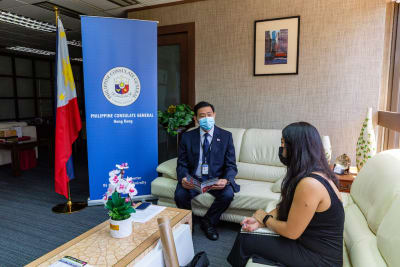




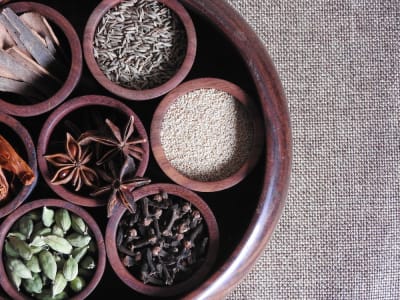

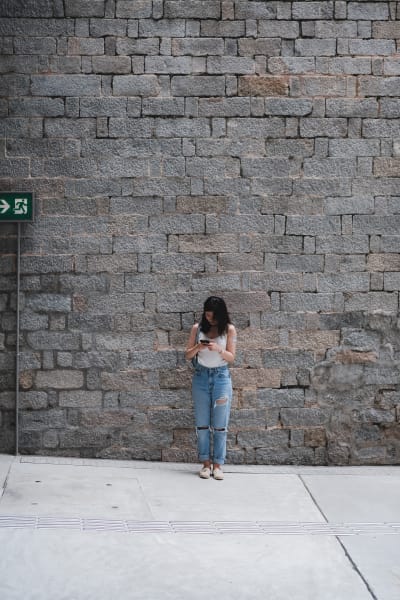



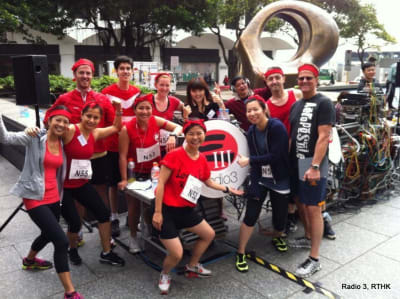
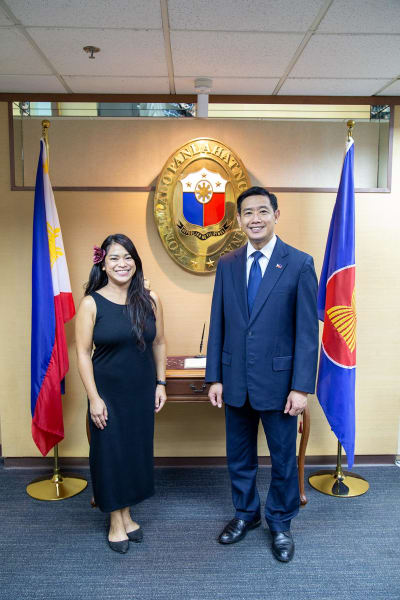
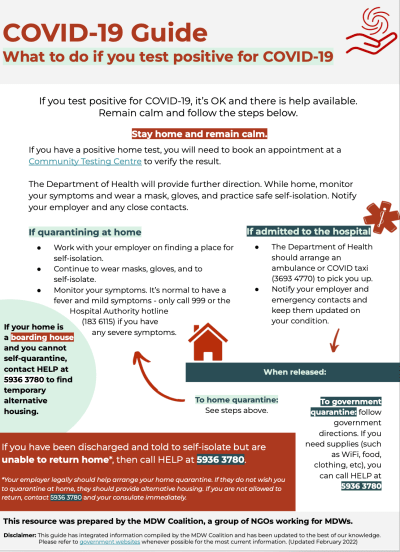



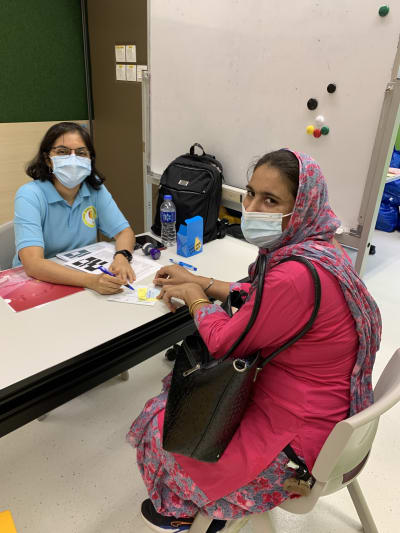

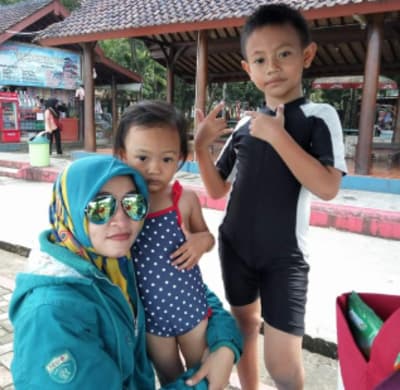
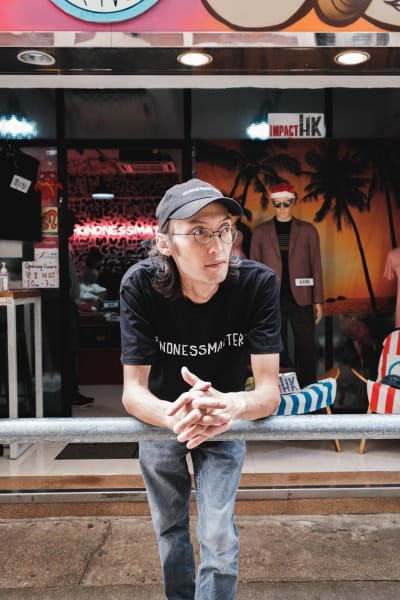

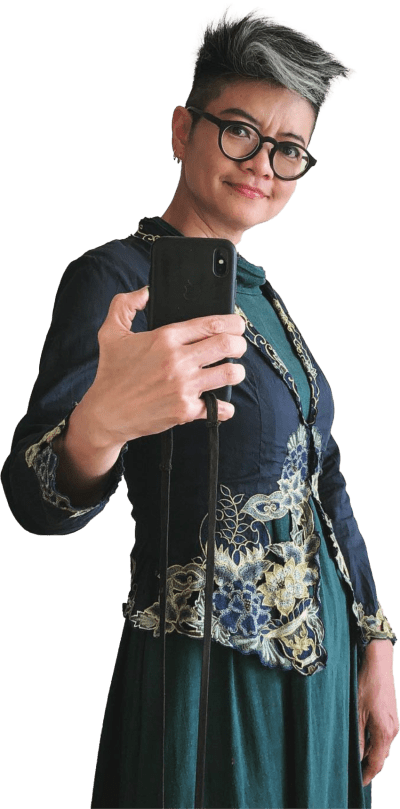
9dde49c3be6bac6166d59fb7abf39532)
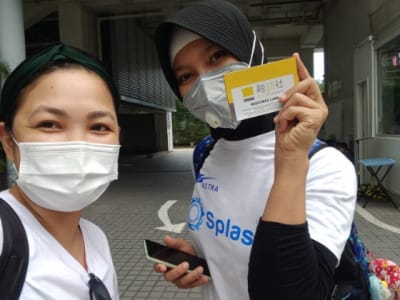


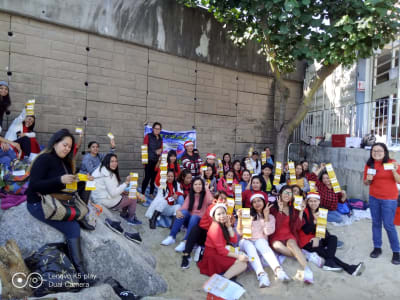



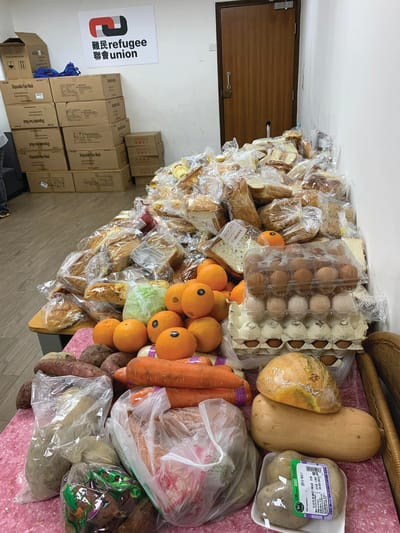

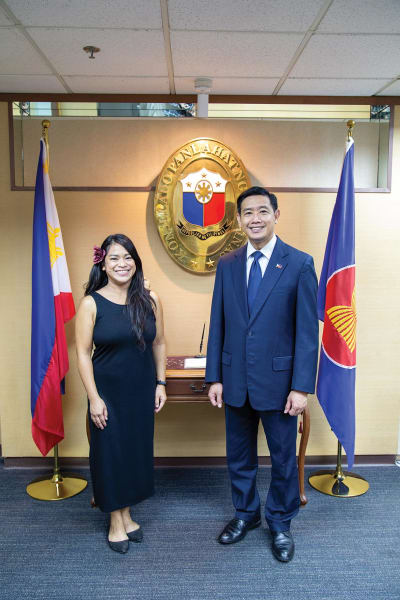
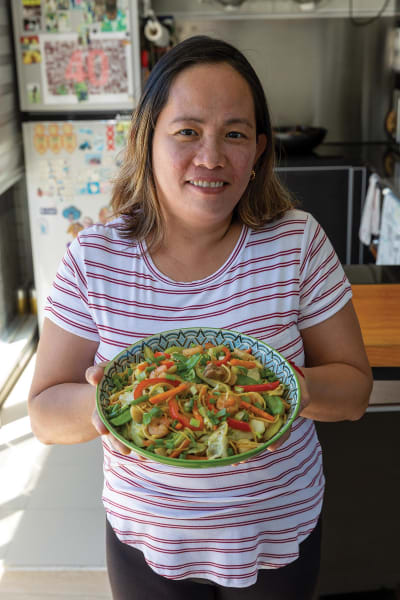



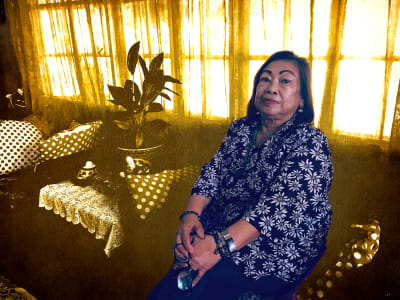

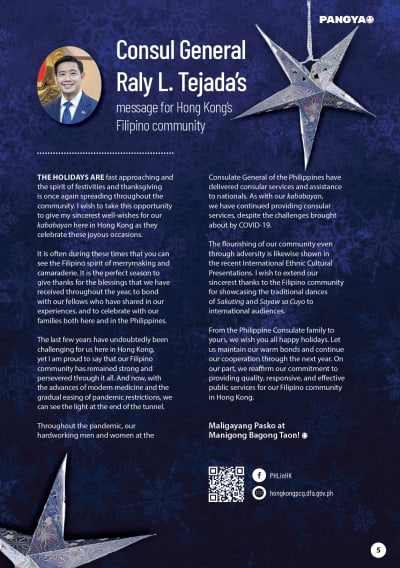


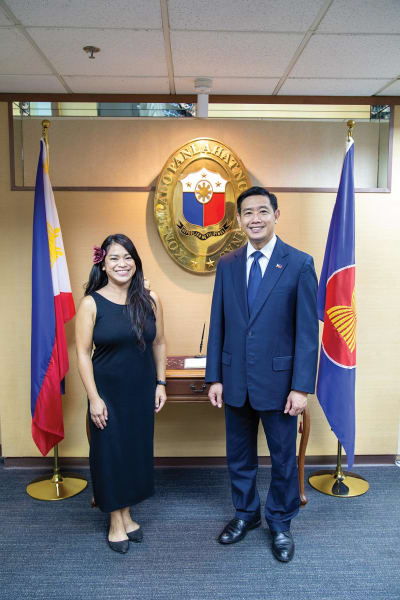

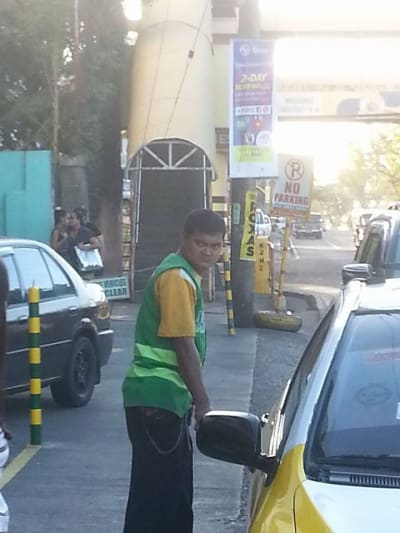

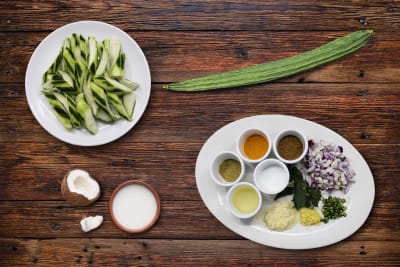
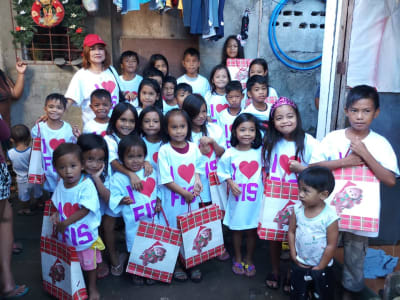
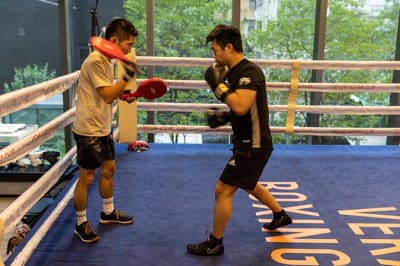


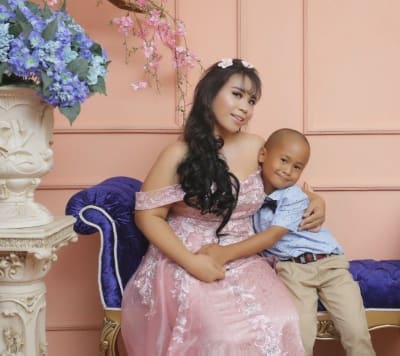



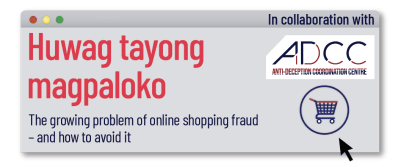
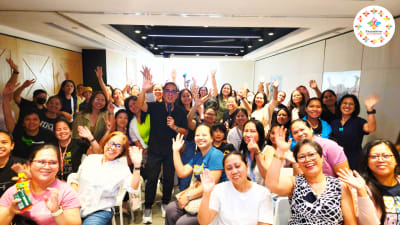
 (1)4b7355993ca6165c683913d00254e725)
6c2435b2dd0927f22b3222b88d21fb70)
